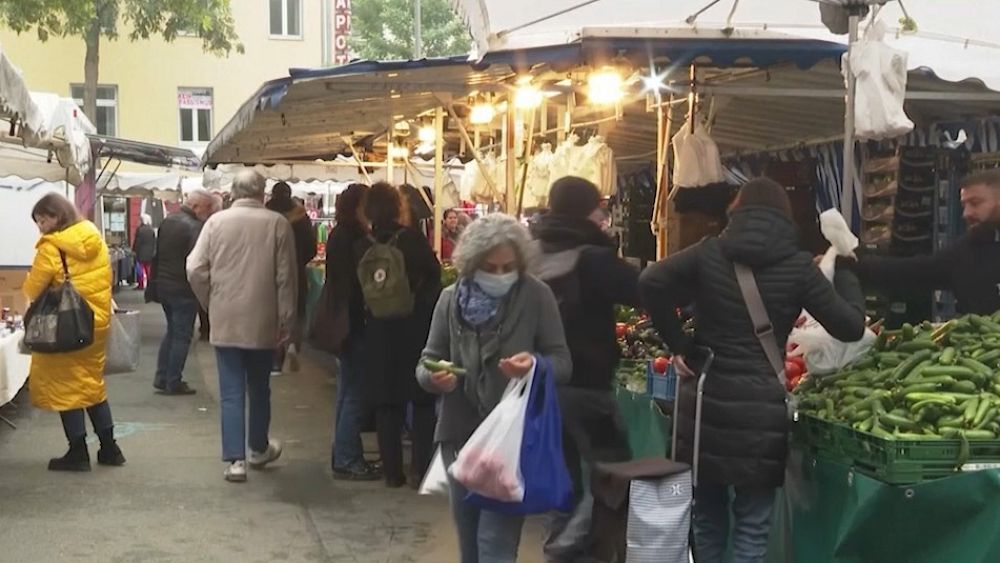
According to the latest figures from the International Monetary Fund, Germany’s GDP is forecast to drop 0.3% this year while other countries continue to grow.
Economic output in Germany stagnated in the April-to-June quarter, the Federal Statistics Office said. That follows a decline of 0.1% in the first three months of the year and a drop of 0.4% in the last three months of 2022 as the energy shock from Russia’s war in Ukraine echoed through Europe’s largest economy.
It comes after the International Monetary Fund forecast this week that Germany would be the globe’s only major economy to shrink this year, even with weak economic growth around the world amid rising interest rates and the threat of growing inflation.
In Germany, the economy has been buffeted by several challenges. Above all, its long-term dependence on Russian natural gas to fuel industry backfired when the invasion of Ukraine led to the loss of most of Moscow’s supply and to higher costs for energy-intensive industries such as metals, glass, cars and fertilizer.
Higher interest rates from the European Central Bank have weighed on construction projects that depend on borrowing. Meanwhile, the rebound in China, Germany’s largest trade partner, after the end of drastic COVID-19 restrictions has been less than many had hoped for.
The second-quarter economic performance was “far from satisfactory,” said Vice Chancellor and Economy Minister Robert Habeck.
He urged action on his proposal to cap energy prices for industry with government help, which has run into scepticism in parts of the governing coalition, and more investment in future-oriented technology such as renewable energy.
“What Germany needs is a targeted impulse for investment and breathing room for our energy-intensive industry,” he said.
Longer-term factors such as an ageing population, lagging use of digital technology in business and government, excessive red tape that holds back business launches and public construction projects, and a shortage of skilled labour also have weighed on the economy.
Yet the slowdown does not resemble a classic recession because jobs are abundant, with companies competing for workers and complaining of skills shortages. The unemployment rate was only 2.9% in May, well below the eurozone’s 6.5% — one of the lowest rates on record.
Carsten Brzeski, chief eurozone economist at ING, has described Germany’s situation as a “slowcession,” with the economy “stuck in the twilight zone between stagnation and recession.”